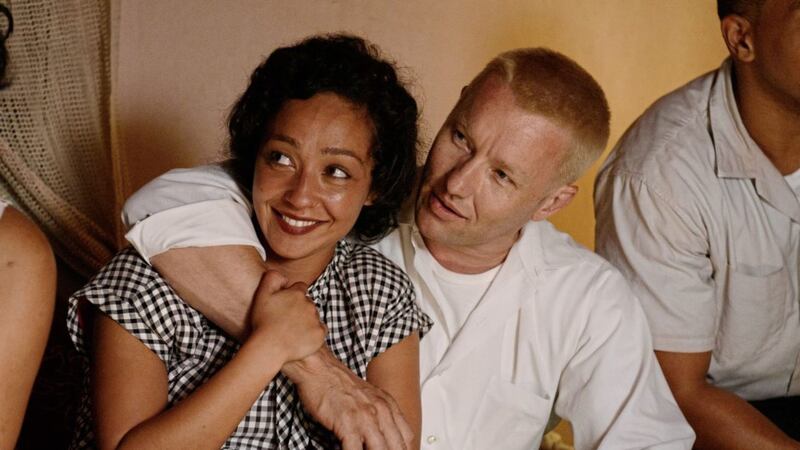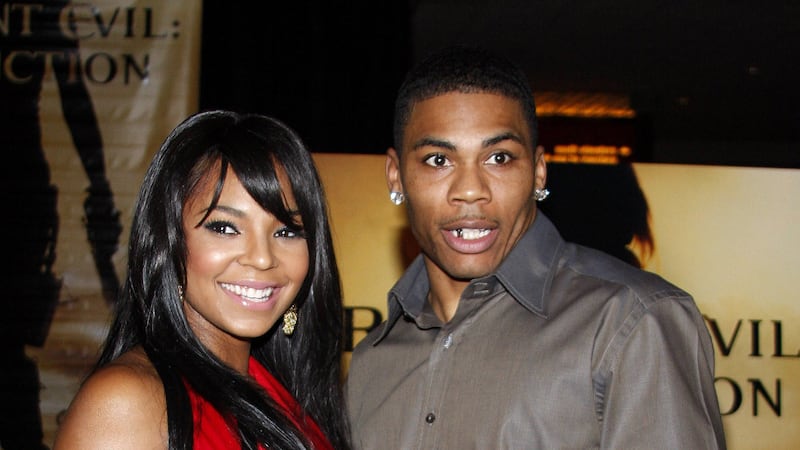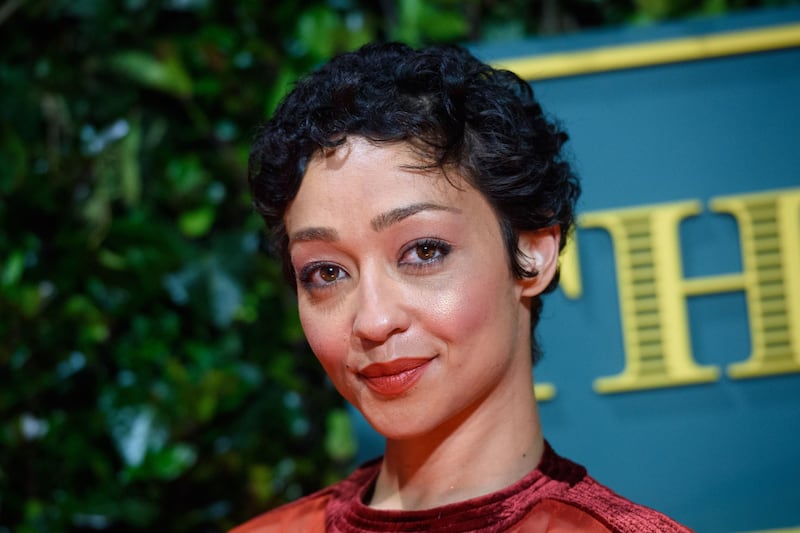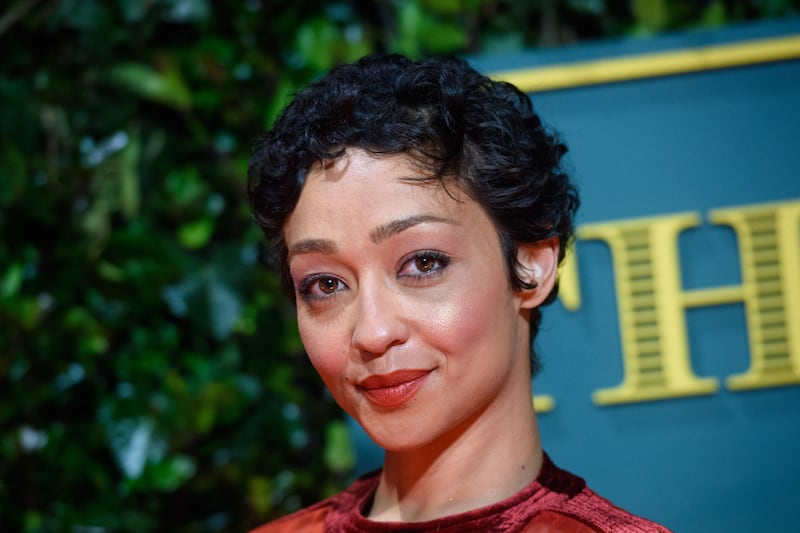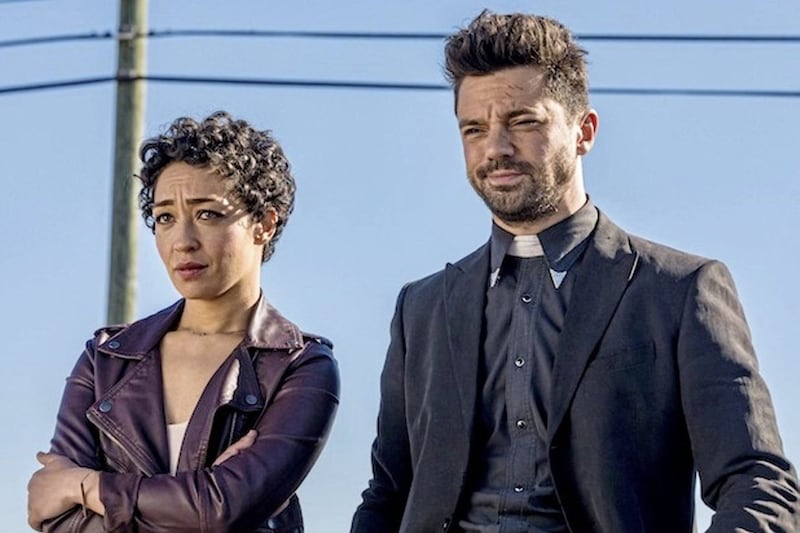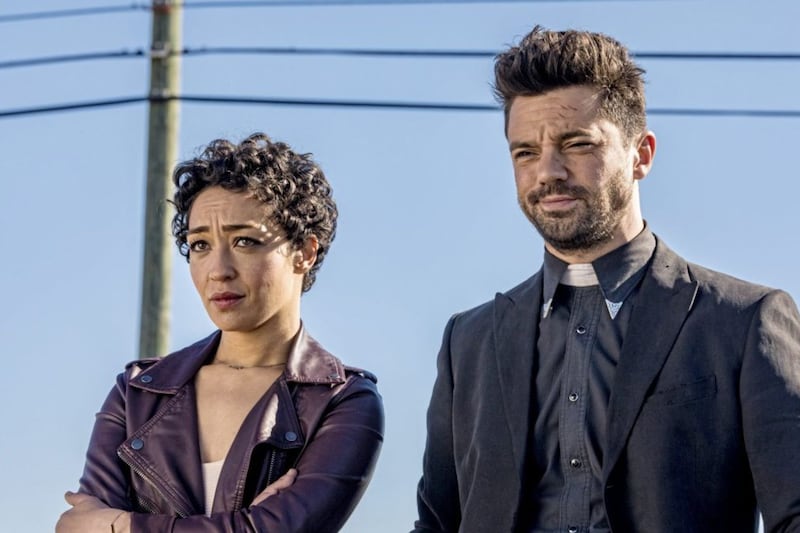SOME stories are so historically significant, they demand to be dramatised: Richard and Mildred Loving's long fight against the state of Virginia for the right to have their interracial marriage recognised as legitimate surely seemed like one such important tale.
The facts of their case are pretty shocking: After circumventing Virginia state law by marrying in Washington DC in 1958, the Lovings – then pregnant with their first child – were arrested and thrown in the Caroline County jail. The couple struck a plea bargain to suspend their one-year prison sentences for violating the state's Racial Integrity Act in return for being banished from their home state for 25 years.
Exiled to Washington, the Lovings continued to raise their family while the American Civil Liberties Union (ACLU) took on their case, which began to attract major media interest as the US civil rights movement gathered momentum.
In 1967 the Supreme Court ruled in their favour: Loving v Virginia set a historic legal precedent which continues to be influential in recent US rulings on same-sex marriage.
While it's certainly a worthy tale, unfortunately Jeff Nichols's (Midnight Special, Mud) beautifully shot adaptation of Richard (Joel Edgerton) and Mildred's (Ruth Negga) story makes for a somewhat less than rousing watch.
Choices that would ordinarily be praiseworthy – deliberate pacing, sparse dialogue, underplayed performances and practically zero sentimentality – ultimately conspire against this film, which just kind of meanders along.
Ruth Negga, so great in RTE's hit Love/Hate and the TV-adaptation of Preacher, imbues the good-natured Mildred with a quiet dignity and resolve. Joel Edgerton goes deep for his stoic portrayal of Richard Loving, an introverted, blue-collar man whose whole world is building houses, tinkering with cars and spending time with his family.
Richard's not a fighter, nor a shouter: even when he and his pregnant wife are being thrown in jail by the religiously righteous racist Sheriff Brooks (Marton Csokas), his blue-eyed gaze remains respectfully downcast. Muttering "it ain't right" is about as worked up as he gets.
Indeed, Richard's prime directive seems to be to avoid fuss whenever possible.
That's a paradoxical trait in a man who was apparently also a celebrated drag-racer and who decided to openly flout the law and southern convention.
However, the film never really digs into Richard's core. Rather, we're just asked to accept that he's a fundamentally decent, moral man who believes that the world will leave him alone so long as he's "not doing no-one no harm".
Nichols, who also scripted, doesn't give us much to go on with regard to what's brought the couple together either, beyond the obvious: she's young, kind and beautiful, he's strong, silent and big-hearted. They get married because Mildred is pregnant, but it's clear from how they look at each other that there's love there too.
Once she decides her young family need the ACLU's help, Richard stands by her decision – with a couple of reservations. For example, their wet-behind-the-ears lawyer Bernie Cohen (Nick Kroll) initially suggests that the couple allow themselves to be re-arrested as a means to reopening their case.
"Yeah, we're not doing that," says the deadpan southerner. Later, he remarks of the ACLU's free assistance: "I guess you get what you pay for."
When Time magazine take an interest, the excellent Michael Shannon gets a brief cameo as a freelance photographer assigned to capture the Lovings in their own home.
For all its anti-mainstream movie traits and conscientious treatment of historical fact – for example, that the Lovings did not go to the Supreme Court in person to hear the verdict delivered – one scene reveals that Loving does make some concessions to 'Hollywood'.
An iconic Time photo of Richard lying on a sofa with his head in his wife's lap shows Mildred with a cigarette between her fingers: it's missing in the dramatised version. In fact, Ruth Negga's Mildred is never shown smoking at all during the film. Something bothers me about that particular choice, especially in a movie which apparently strives hard to be so 'real' in other areas.
And, while the hugely talented Limerick actress does a fine job, Mildred's quiet determination doesn't exactly stretch her abilities. That Oscar-nod is a puzzler, I'm afraid.
If anything, it's Edgerton who impresses most with a masterclass of minimal expression and repressed yet clearly conveyed emotion. His performance is the highlight of an underwhelming film that's unlikely to inspire much devotion among cinema audiences.
LOVING (12A, 123 mins) Romance/Drama. Joel Edgerton, Ruth Negga, Marton Csokas, Michael Shannon, Nick Kroll, Jon Bass. Director: Jeff Nichols
4/10
